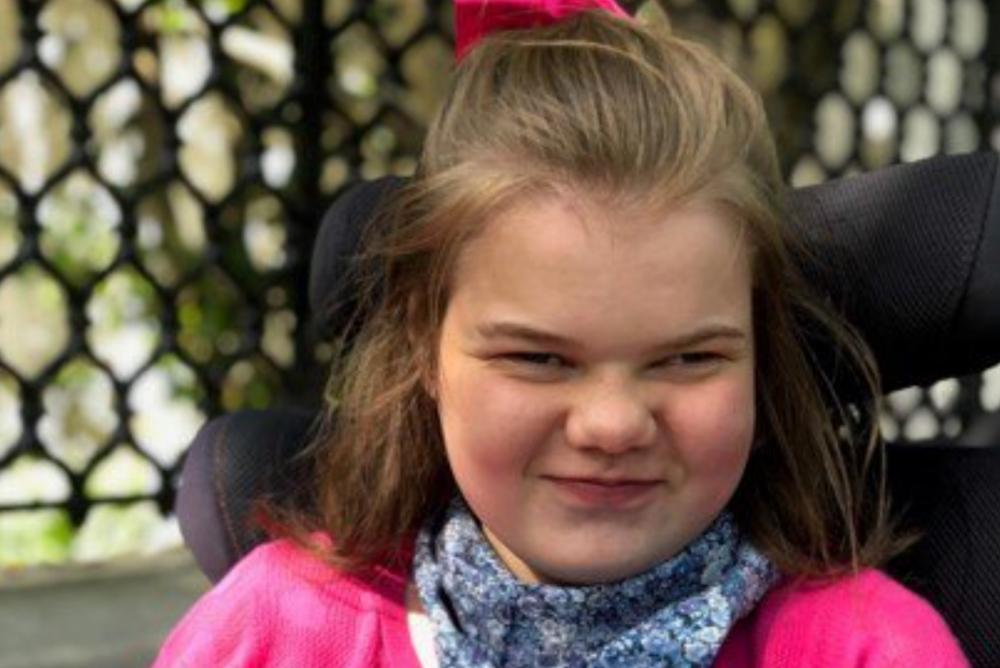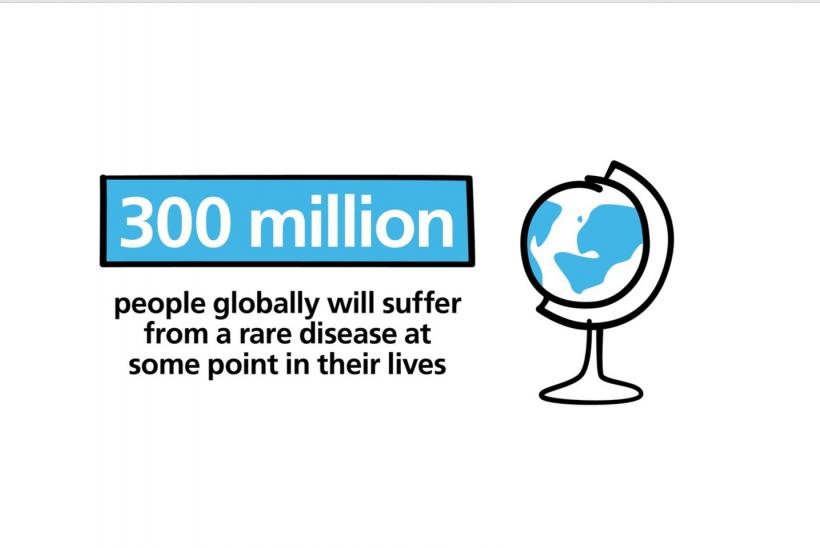Global collaborative announced to develop new treatments for paediatric diseases
Ahead of Rare Disease Day 2021, GOSH will join forces with three other leading children’s research institutions on three continents to decipher paediatric illnesses, including rare diseases, and find better treatments.
We, alongside UCL Great Ormond Street Institute for Child Health, will work with Boston Children’s Hospital, the Murdoch Children’s Research Institute with The Royal Children’s Hospital in Melbourne, and The Hospital for Sick Children (SickKids) in Toronto to evaluate genomic data, clinical data from patients, and scientific and medical expertise to accelerate the discovery and therapeutic development.
The partnership, known as the International Precision Child Health Partnership (IPCHiP), is the first major global collaboration around genomics and child health. We hope that additional institutions will join the collaboration in the future.
Of the more than 7,000 rare diseases that affect millions of individuals globally, only a few hundred have approved treatments. Many of these diseases mean children suffer their whole lives, or may die early from complications, sometimes just a day after birth.
IPCHiP’s goal is to enable the world’s top experts in paediatrics and genomics to work together to improve diagnosis, implement personalised treatment decisions, and develop new therapeutic targets and treatments that will benefit children around the world.
“Our partnership will enable us to combine the collective power of our research effort to answer questions about rare diseases in children, which we are not able to answer by working only within our own centres. This will mean that we can move much more swiftly to effective treatments where none currently exist.”
Rosalind Smyth, Director of the UCL Great Ormond Street Institute of Child Health
Flagship project to tackle genetic epilepsy
IPCHiP’s first project will involve epilepsy in infants, bringing together efforts already underway at the four hospitals.
Investigators at each site will enrol babies under age one with epilepsy, sequence their genomes, change treatment based on the findings when appropriate, and follow the children’s development long term. No patient will be identifiable from the data used, and no patient data will be shared across international borders.
The study will compare those who receive a genetic diagnosis with those who don’t. Through this project, IPCHiP will establish systems to evaluate data responsibly across the different institutions.
Dr Amy McTague (UCL Great Ormond Street Institute of Child Health), who is leading the epilepsy project, GeneSteps, in the UK said: "We know that for at least 50% of babies with epilepsy, there is a genetic cause. For some, having a specific genetic diagnosis can change treatment and we want to know if finding the genetic problem earlier improves epilepsy and development in the long-term.”
The study will pioneer the use of rapid genome testing in epilepsy and will recruit 100 babies initially, with a larger study planned.
“This world-first collaboration, supported by the GOSH NIHR BRC and Young Epilepsy, is a unique opportunity for us to work together for patients with rare diseases such as genetic epilepsy. “This exemplifies GOSH’s ambition to be a Research Hospital, where research is embedded across our care of children with rare and complex diseases. The new Zayed Centre for Research into Rare Disease in Children, where Dr McTague is based, also allows our work to draw from expertise at UCL’s Institute for Child Health and GOSH, while the hospital’s global reputation means we will be able to work with a large number of children and their families.”
Professor Helen Cross, Honorary consultant in paediatric neurology at GOSH, President-elect of the International League Against Epilepsy and an investigator on the project

Lucia who is 14 years old from London was diagnosed with SCN8A-related epilepsy at GOSH after taking part in genetic testing. Her mother Katherine, said "Lucia’s early life was consumed by lengthy periods of near-constant seizures. The years were spent living on hospital wards and ICU and consumed by searching for answers to a condition that was unresponsive to an endless stream of medicines and treatments.”
“Finally, when Lucia was 9 years old her condition was identified through a genetic test that had only recently become available. With this diagnosis the right medicine could be prescribed, a sodium channel blocker, and almost immediately Lucia’s seizures stopped. For the first time in her life, Lucia began to feel peace. And finally, we felt a different peace that comes from the end of a long and painful struggle for answers. Now, 14 years old, Lucia provides all who know her with happiness and and love. And while we navigate the many challenges that her disabilities naturally present, we understand the value of having a diagnosis, not only on Lucia’s quality of life, but the well-being of her family responsible for her ongoing care.”
"We stand in solidarity among all those who have endured similar, or greater, periods of ’not knowing’ and advocate for the funding and support toward dedicated genetic testing at the moment of a young patient’s presentation; a focus group tenaciously committed to diagnostics and ongoing testing. Because, the nine years that Lucia waited for her diagnosis cost her, and her family, infinitely more than pain and heartache."
A later project will involve complex genetic disorders in the neonatal intensive care unit and paediatric ICU, and others will be chosen at a later date.
“We’re bringing together the world’s top experts in genomics, rare disease, paediatric medicine, and computational science to develop precision approaches to benefit children everywhere,” added Smyth. “In addition, we think our large patient cohorts will enable partnership with industry when a discovery advances to clinical trials.”
After initial seed funding by each institution, the collaborative anticipates additional funding through national health and medical research grants within each country, industry contracts, and philanthropic efforts. The collaborative as a whole has received support from the International Venture Philanthropy Network.


